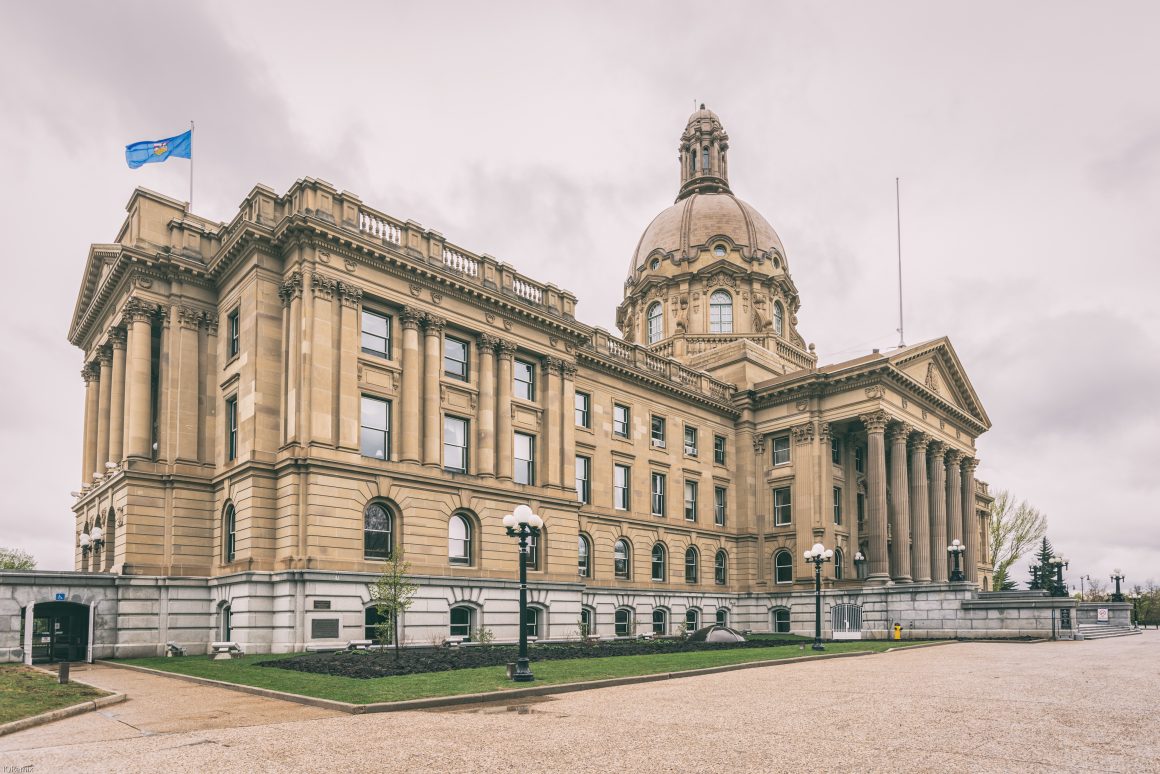
What to expect as election day nears
By Ashar Memon, March 27 2019 —
Provincial election season is upon us. Albertans will head to the polls to vote in the provincial general election on April 16, capping off what is expected to be a raucous month-long campaign period.
There are five major political parties vying for power this election: the Alberta Party, Alberta Liberal Party, Green Party, New Democratic Party and United Conservative Party — the latter being the favourite in most polls.
Most political pundits think the election will come down to two parties: The NDP and the UCP. Asked if she expects any other party to play a considerable role in the election, Melanee Thomas, a political science professor and researcher at the University of Calgary, put it bluntly: “No, this is a two-horse race.”
With the stakes running high for both parties, this campaign period has already proven to be divisive. Amid a slew of attack ads along with texts and calls from local candidates, voters are presented with plenty of information before casting their ballots.
According to Thomas, being informed and open-minded will allow students to discern the information they’re receiving.
“Key background knowledge includes a few things,” she said. “No one is entitled to government; election outcomes aren’t accidents; research shows parties ‘own’ some issues regardless of performance.”
Years after the collapse in global oil prices in 2014, Alberta — and Calgary in particular — still face an unemployment rate higher than the national average, a fact that shows in parties’ campaign materials.
“It’s perhaps a bit cynical of me, but I expect that post-secondary is the issue that will affect Gauntlet readers most immediately, and it won’t be discussed much,” Thomas said. “Whenever elections are dominated by the ‘economy,’ unless it’s a context where the economic issue is really clearly tied to a government, then issues that could be more central to youth get drowned out.”
Despite this, post-secondary students will still feel the impact of policies instituted by whichever party gets elected, Thomas says.
“I expect post-secondary to be in the first round of cuts if the UCP wins,” she said. “If the NDP wins, I’d expect the tuition fee freeze to be maintained.”
It’s uncertain what role students will play in deciding this election. According to the Council of Alberta University Students, the population of 18–24 year olds in Alberta was 12 per cent in 2015, but they accounted for only seven per cent of votes in the provincial election that year.
Thomas says that the significance of the youth vote will depend on two things — “engagement and administration.
“Engagement is intuitive. If youth see there are issues or leaders that resonate with them, then they might be more likely to vote,” she said. “At this point, though, it’s not immediately clear to me if the ‘economy’ or some parties’ challenges with candidates holding offside/white nationalist views will do that.
“Administration is all about Elections Alberta: If they can get polling stations on to campus, students will use them,” Thomas added.
Advanced voting stations will be open on campus on April 10 and 11 in MacHall. The U of C Students’ Union says it has collected 4,000 pledges to vote from students so far and expects to collect at least 6,000 pledges by election day.
“My goal really is that as many students as possible go out to these advanced polls and vote,” said SU vice-president external Anayat Sidhu. “If they can’t do that, then they have another chance obviously on April 16. It would be really great to show that the student voice matters, that our generation matters.”
More information on where to vote, how to register and locations of polling stations can be found at elections.ab.ca/voters.
